Nationalism

Liberty
In this spectacularly vivid rendition of Liberty, she holds the Phrygian cap of freed slaves on a pike. That, combined with her colorful pants, suggests aggressive liberty. Yet the scrolls in her right hand also underscore the role of legislation in defining her purview.

The Triumph of Liberty
In this extraordinary painting stands a formidable and powerful figure of liberty with her pike and cap. As the title of this work suggests, Liberty appears here as a warrior surveying the field of battle from a commanding height.

Woman with a Basket in Front of a Door to the Prison
Despite the demure expression created by her huge eyes, this woman also shows adherence to the Revolution through her scarf, similar in shape and color to the Phrygian cap.

Day 1 of Prairial of the Year III
Men and women threaten the deputies on 20 May 1795. They demand "Bread and the Constitution of 1793." This day marked one of the last interventions of ordinary women into national politics.
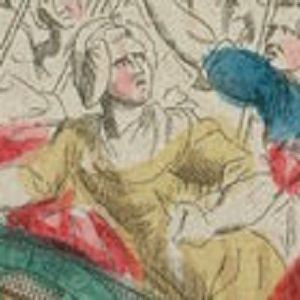
To Versailles, To Versailles!
The women who arrived, though lightly armed, were no shrinking violets. They insisted that the royal family return to Paris where, in fact, they would find themselves under virtual house arrest.
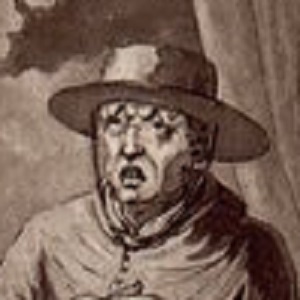
Mea Culpa of the Pope
Although the revolutionaries long regarded the Pope as an enemy, their anger was stoked significantly by the papal decision to decree as unacceptable the Civil Constitution of the Clergy.
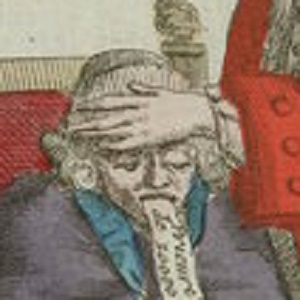
The Great Nausea of Monsignor
This engraving focuses on expurgating the clergy, this time with vomiting as the intended method. Here, the cleric spits up the unfair advantages enjoyed in the old regime.
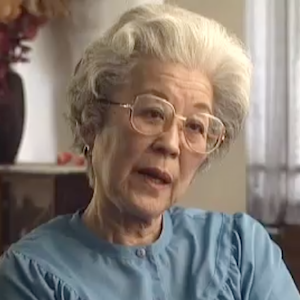
Japanese American Incarceration at Manzanar, California, Interview Part 2
Aiko Herzig-Yoshinaga is a Nisei (2nd generation) Japanese American born in 1925 in Los Angeles. She was incarcerated at Manzanar, California, and later Jerome and Rohwer, Arkansas.
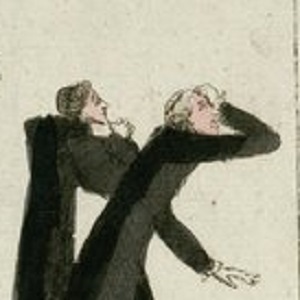
Patience Monsignor Your Turn Will Come
Cartoons attacked the refractory clergy. Here, fat, overfed, and underworked clergy are squeezed down to an appropriate size. As elsewhere, visual images mocked the clergy by depicting them as subject to the threats and physical attacks of others.

The Roman Aristocrat
The fattened clergyman and the well–bedecked nobleman go off unbothered while the figure in the foreground assesses carefully the value of a commoner. This complex image also includes a pig—likely a symbol for Louis XVI—with the cleric and the noble.